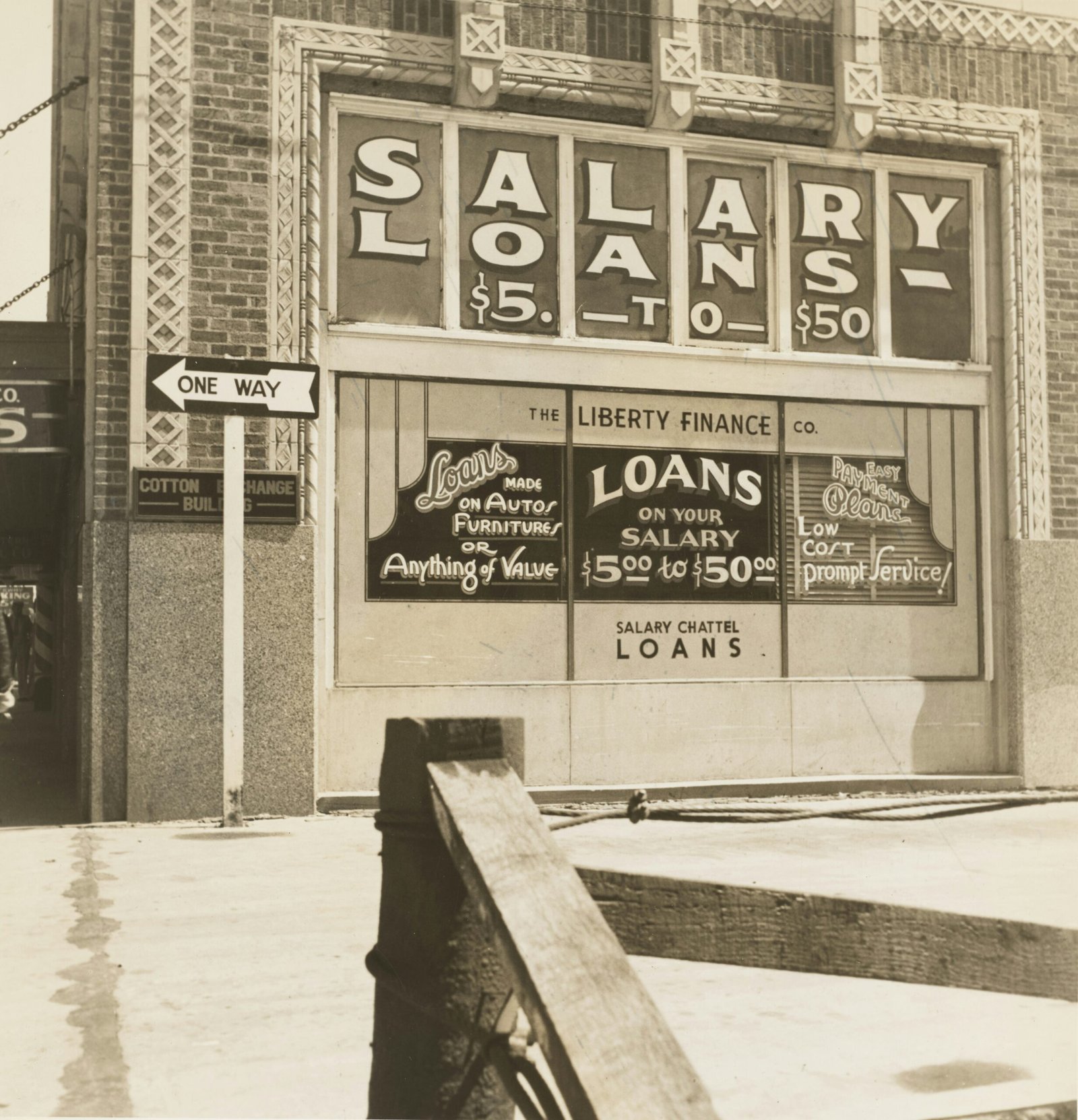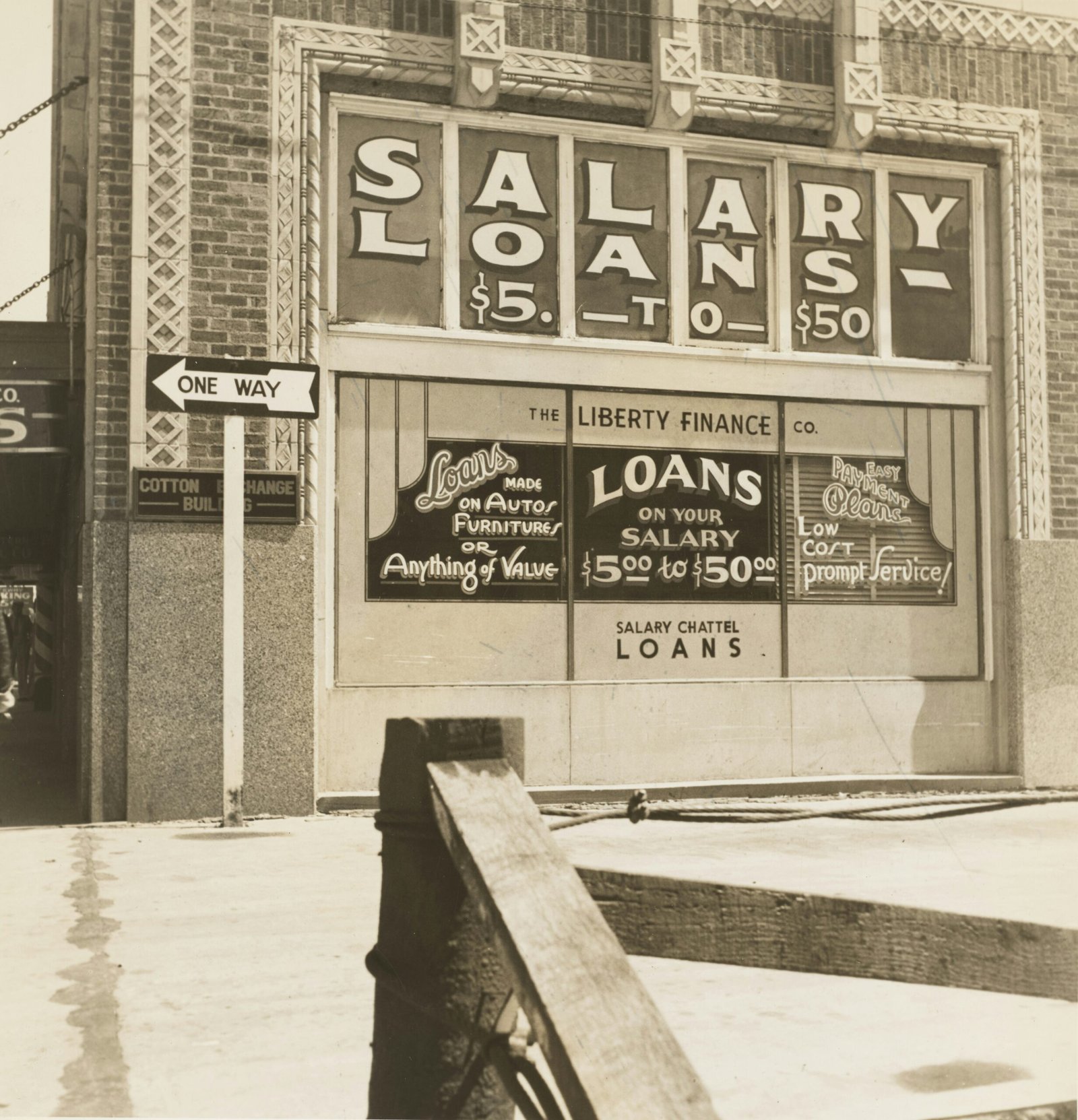
Introduction to Fast Credit Repair
Fast credit repair refers to the process of rapidly improving an individual’s credit score through strategic interventions. Maintaining a good credit score is essential, as it plays a significant role in securing financing, obtaining loans, and managing overall financial health. A strong credit score can result in lower interest rates and more favorable loan terms, allowing individuals to save money over time.
Various factors contribute to the calculation of credit scores, including payment history, credit utilization, length of credit history, types of credit used, and recent inquiries. For instance, consistently making timely payments is one of the most crucial elements and can significantly enhance one’s score. Conversely, a low credit score, accompanied by late payments or high credit utilization, can lead to increased interest rates or even denial of credit applications, negatively impacting financial opportunities.
The urgency for credit repair arises from the fact that financial decisions are often time-sensitive; whether it’s purchasing a home, car, or securing a personal loan, a high credit score is a prerequisite for many significant financial transactions. Furthermore, individuals with poor credit ratings may also encounter challenges in gaining acceptance for rental applications or securing employment in certain sectors, where credit checks are standard practice.
Understanding these dynamics underlines the importance of taking proactive steps toward improving one’s credit score. The subsequent sections will provide actionable strategies that can facilitate fast credit repair. These tips will empower individuals to take control of their credit profiles, instilling confidence in their financial decisions and enhancing their overall economic wellbeing.
Top Tips for Fast Credit Repair
Improving your credit score is not just a matter of patience; it requires actionable strategies that yield visible results in a short period. To start, it is recommended to maintain your credit card balances below 30% of their limits. High credit utilization is one of the major factors that negatively influences your credit score. Keeping your utilization in check demonstrates responsible credit usage and can help in improving your score significantly.
Another essential strategy is to ensure timely payments for all your financial obligations. Late fees can not only incur additional charges but also lead to a drop in your score. Set up automatic payments or reminders to help you stay on track with your due dates, ensuring that you do not miss any payments. This consistency in timely payments is vital for demonstrating your reliability to creditors.
Using a mix of credit types can also aid in rapid credit score enhancement. If you predominantly use credit cards, consider adding an installment loan or an auto loan. A diverse credit mix may help improve your score since it shows creditors that you can manage different types of credit responsibly.
Another crucial step is to regularly monitor your credit report for errors. Mistakes in your report can inadvertently harm your credit standing. Access your credit reports from the major credit bureaus, and scrutinize them for any inaccuracies. If you identify errors, address them promptly by filing disputes. Correcting mistakes can result in immediate improvements in your credit score.
By implementing these practical strategies—maintaining low balances, ensuring timely payments, diversifying credit types, and regularly monitoring your report—you can take significant steps toward fast credit repair, facilitating a healthier financial future.
Avoiding Scams and Too-Good-To-Be-True Offers
When seeking to improve one’s credit score, vigilance against potential scams is paramount. The credit repair industry, while providing valuable services, is also rife with fraudulent operations that exploit the desperation of consumers seeking financial relief. Recognizing the red flags of fraudulent credit repair companies is essential. One of the most telling signs is any business that guarantees specific results, such as the removal of negative information from credit reports within an unrealistically short timeframe. Legitimate credit repair services will not make such flat-out promises, as the accuracy and integrity of credit reporting are upheld by federal law.
Another major warning sign to be aware of is an upfront payment requirement before services are rendered. The Credit Repair Organizations Act (CROA) prohibits credit repair companies from charging clients before they provide the promised services. Reputable companies will demonstrate transparency in their pricing structures and services offered, and will typically allow for post-service payment. Furthermore, businesses engaging in deceptive practices often employ high-pressure sales tactics. If you feel rushed or intimidated into purchasing a service, consider that a serious red flag.
Conducting due diligence on any potential credit repair provider is crucial. This can involve researching online reviews, checking for complaints with the Better Business Bureau, and verifying any relevant licenses or registrations required in your state. Resources such as the Federal Trade Commission (FTC) provide comprehensive guides on identifying legitimate credit repair services and understanding your rights as a consumer. By approaching credit repair with a cautious mindset and leveraging available resources, individuals can effectively navigate the landscape while avoiding scams that may hinder their journey toward a healthier credit score.
When to Seek Professional Help
Understanding when to seek professional help in credit repair can be crucial for your financial well-being. There are specific circumstances where enlisting the services of a credit repair agency may be advisable. For individuals who find themselves overwhelmed by the complexities of credit reports and the dispute process, professional guidance can provide clarity and direction. Credit repair agencies specialize in identifying errors on credit reports, negotiating with creditors, and managing disputes, which can be especially beneficial for those unfamiliar with these processes.
One key indicator for when to consider seeking help is the presence of significant inaccuracies or discrepancies in your credit report. If you have tried to resolve these issues yourself without success, the expertise of a professional may be necessary. Additionally, individuals who are facing serious financial challenges, such as bankruptcy or ongoing collections, may lack the time and knowledge to effectively manage their credit repair efforts. In such instances, a credit repair expert can help devise a tailored strategy to improve your credit score systematically and efficiently.
However, it is essential to evaluate your options carefully before committing to a credit repair service. Not all agencies are created equal, and some may overpromise results without delivering. Before hiring, consider conducting thorough research, reading reviews, and even requesting consultations to gain insight into their methodology and success rates. Pricing is another critical factor; reputable agencies provide transparent fee structures and avoid charging upfront fees. By assessing your unique situation, including identifying challenges and recognizing signs of needing external assistance, you can make informed decisions about whether hiring a professional credit repair service is appropriate for your credit journey.
